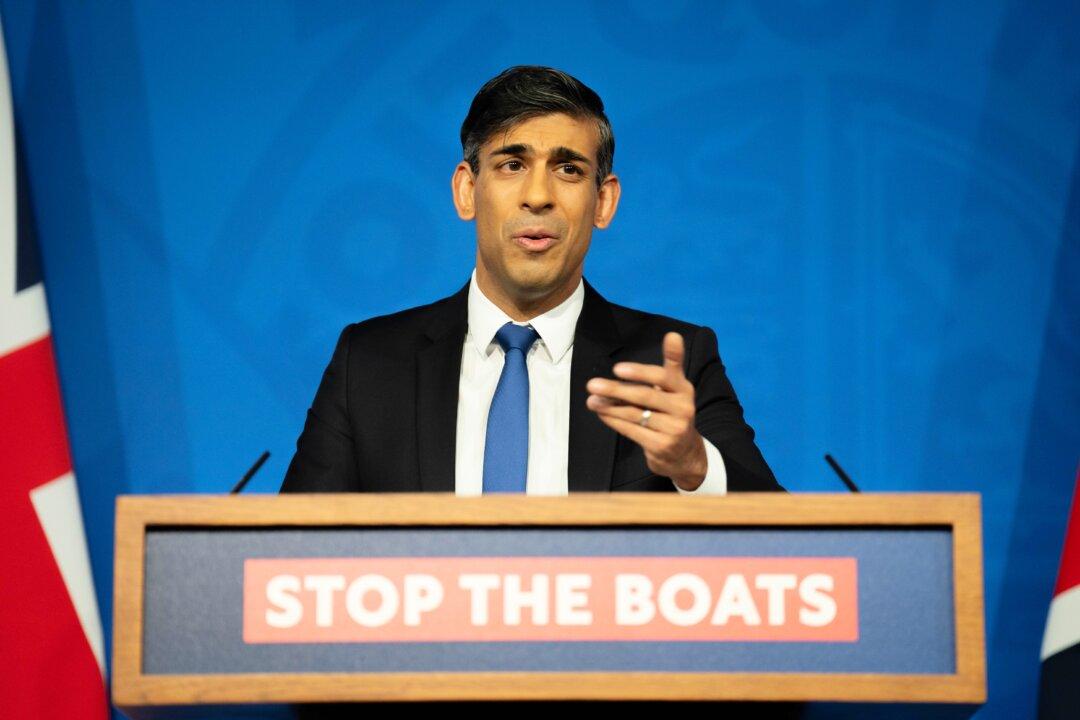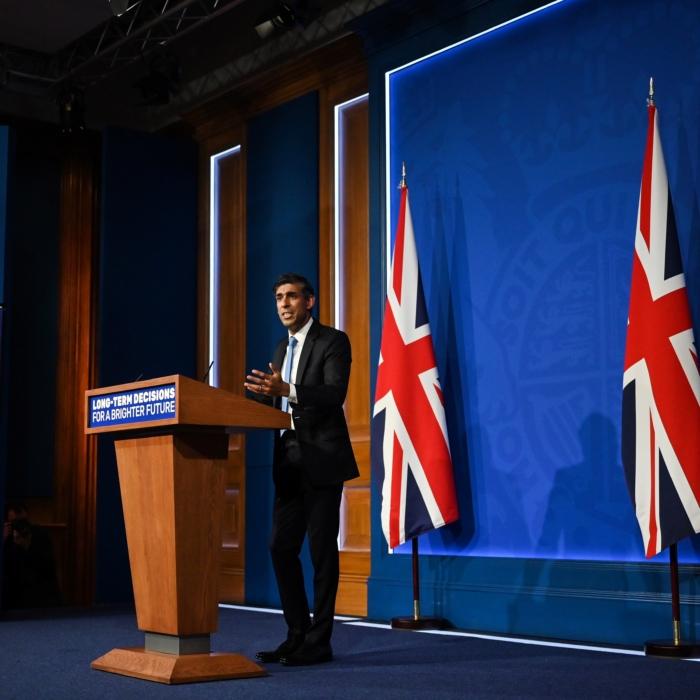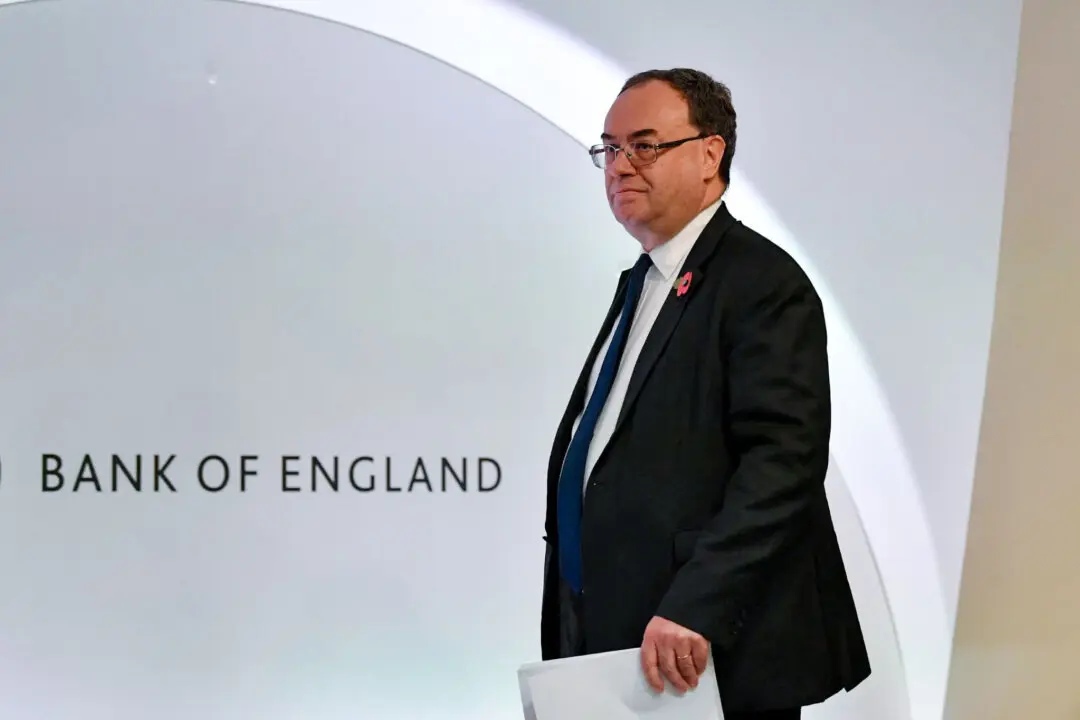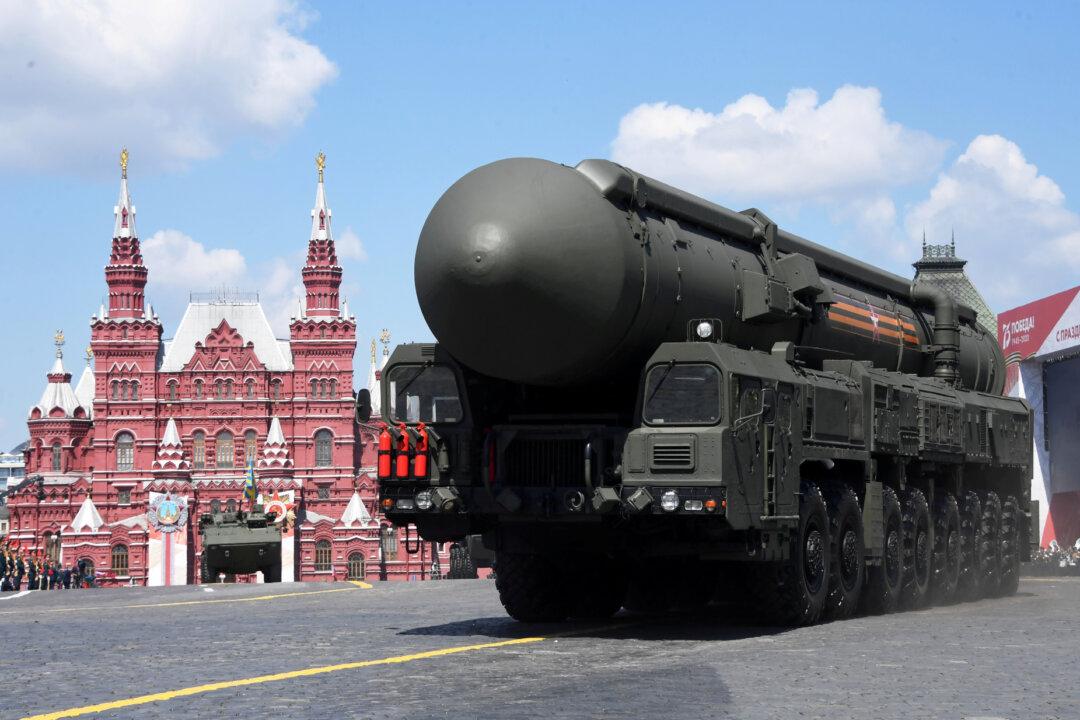The Conservative Party is facing a collapse at the next general election, slumping to 169 seats, while Labour will be propelled to victory by securing 385 seats, a YouGov poll has revealed.
“These results are reminiscent of the 1997 general election outcome,” the pollster said.
The 1997 election saw Tony Blair’s Labour win 418 seats and then-Prime Minister John Major’s Conservatives take 165.
Brexit negotiator Lord Frost, who works with the CBA, warned that the next vote is a “looming disaster” for Tories, unless they take action.
The Conservative MP for Middlesbrough South and East Cleveland, Simon Clarke, said that the elections result would represent a disaster for the Conservatives and the country.
“The time for half measures is over. We either deliver on small boats or we will be destroyed,” he said in post on X, formerly known as Twitter.
Like Lord Frost, the MP signified that the issue of immigration was paramount to win the lost Conservative votes.
Disappearing Red Wall
Lord Frost said that the “red wall” seats of the historically Labour-supportive constituencies in the Midlands and the northern England that were won in the 2019 election, are “disappearing.”Commenting on the results of the YouGov poll, Lord Frost said that “many familiar faces” in the Cabinet will “go too.”
According to the poll, the constituencies of Chancellor Jeremy Hunt, leader of the House of Commons Penny Mordaunt, and the Welsh Secretary David Davies will change hands.
The election would see Conservative Party chairman Lee Anderson lose his Ashfield seat to Labour. The opposition party would also gain the Uxbridge seat, former Prime Minister Boris Johnson’s old constituency.
The findings showed that the support of the rightwing Reform UK party would be significant for the Tories.
The Tory Struggle
The Conservatives, led by Prime Minister Rishi Sunak, have been struggling with managing the cost-of-living crisis in the UK in the past two years. Historically high inflation and interest rates have led many Britons to struggle financially and borrowers to face overly high costs. Despite the government having managed to halve the inflation in the period from the beginning to the end of last year, the UK economy is still at risk of a recession.Last week’s voting intention figures showed that Labour had 45 percent of the vote, compared to the Conservatives’ 22 percent.
The next general election is expected to take place in the second half of 2024 and must not be held later than the end of January 2025.







